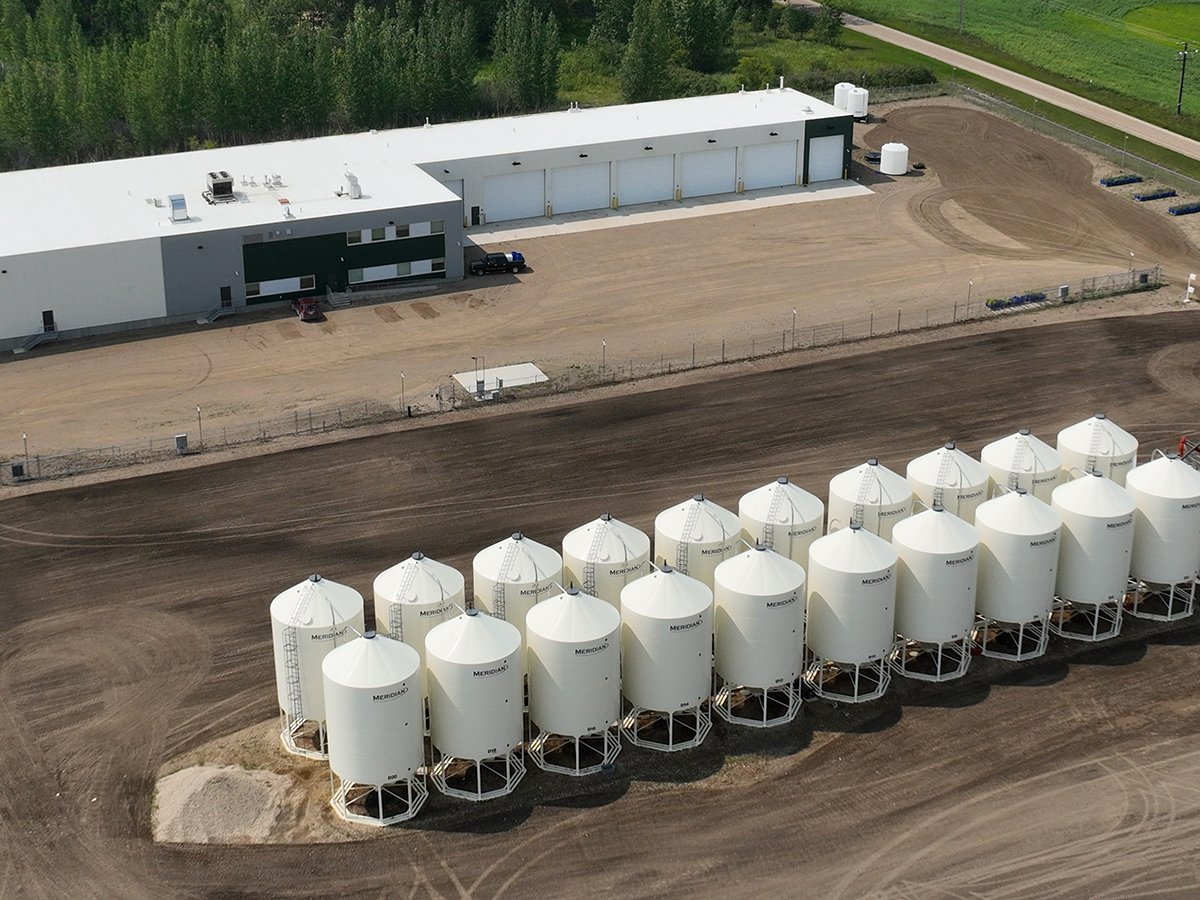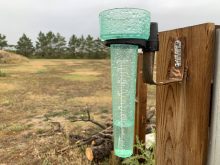SAO PAULO, June 17 (Reuters) – Brazil’s Copersucar SA, the world’s largest sugar and ethanol merchant, expects ethanol demand in the United States could increase by 50% when a new U.S. policy allowing for larger sales of gasoline blended with 15% ethanol, known as E15, is fully implemented.
Copersucar’s Chief Executive João Roberto Teixeira said in a call with reporters on Monday that the company sees strong potential for ethanol sales in the United States, where it operates through its subsidiary Eco-Energy, in the next two to three years.
Read Also

Saskatchewan firm aims to fix soil with compost pellets
In his business, Humaterra, Leon Pratchler is helping farmers maximize yields in the weakest areas of their fields through the use of a compost pellet.
“The market potential for ethanol in the U.S., as the E15 policy is gradually implemented, is significant,” Teixeira said.
Copersucar sees 50% ethanol demand rise in U.S. with new E15 policy
(Adds Copersucar CEO comments, context)
SAO PAULO, June 17 (Reuters) – Brazil’s Copersucar SA, the world’s largest sugar and ethanol merchant, expects ethanol demand in the United States could increase by 50% when a new U.S. policy allowing for larger sales of gasoline blended with 15% ethanol, known as E15, is fully implemented.
Copersucar’s Chief Executive João Roberto Teixeira said in a call with reporters on Monday that the company sees strong potential for ethanol sales in the United States, where it operates through its subsidiary Eco-Energy, in the next two to three years.
“The market potential for ethanol in the U.S., as the E15 policy is gradually implemented, is significant,” Teixeira said.
A recent decision by the U.S. government will allow year-round sales of E15, gasoline blended with 15% ethanol, in the country. Ethanol producers expect the change to be implemented in time for the U.S. summer driving season.
Teixeira believes Copersucar is in a good position to benefit from policies both in the United States and in Brazil to boost use of biofuels, including the potential for arbitrage between the two largest ethanol markets in the world.
Copersucar exports Brazilian ethanol to the United States and imports U.S. ethanol into Brazil, using Eco-Energy infrastructure, depending on prices in both markets and the exchange rate.
“It is a great biofuel platform we have, with fuel made both from corn and sugarcane to explore opportunities not only in Brazil and the U.S., but elsewhere,” he said.
Eco-Energy moved 9 billion liters of ethanol in the 12 months ended in March. Copersucar moved 4.8 billion liters, of which 700 million liters went to the U.S.
Brazil will start a new biofuels program next year, with targets for fuel distributors to gradually increase the amount of biodiesel and ethanol they sell.
A recent decision by the U.S. government will allow year-round sales of E15, gasoline blended with 15% ethanol, in the country. Ethanol producers expect the change to be implemented in time for the U.S. summer driving season.
Teixeira believes Copersucar is in a good position to benefit from policies both in the United States and in Brazil to boost use of biofuels, including the potential for arbitrage between the two largest ethanol markets in the world.
Copersucar exports Brazilian ethanol to the United States and imports U.S. ethanol into Brazil, using Eco-Energy infrastructure, depending on prices in both markets and the exchange rate.















